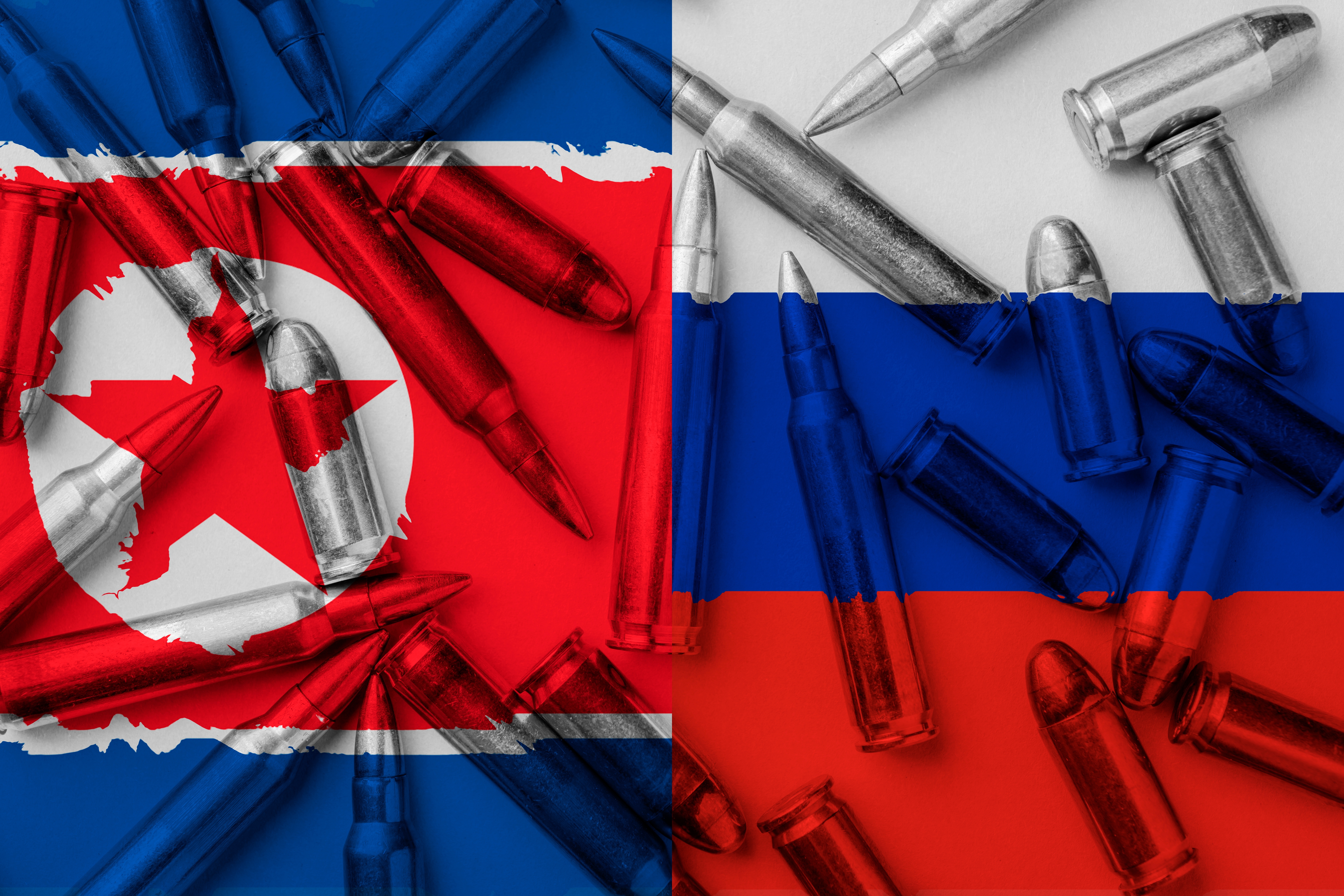
A study has shown that staying up late and having a night owl lifestyle is particularly damaging to mental health.
A research team led by Jamie Zeitzer, a professor of Psychiatry and Behavioral Sciences at Stanford University School of Medicine, stated, “We found that alignment with your chronotype is not crucial here, and that really it’s being up late that is not good for your mental health.” They published a related paper in the international academic journal Psychiatry Research in May.
According to the researchers, night owls are 20-40% more likely to be diagnosed with mental health disorders such as depression or anxiety compared to early birds. Experts recommend going to bed before 1 a.m. at the latest and sleeping for 7-9 hours at night.
The researchers compared preferred sleep times (chronotypes) and actual sleep behaviors of approximately 74,000 adults in the UK.
Among the participants, 19,065 identified themselves as morning people, 6,844 as night owls, and 47,979 as intermediate types.
Participants were asked to wear activity monitors for 7 days to track their sleep. The research then compared their preferred sleep times with their actual sleep and health records to determine the impact on their mental health.
The study has shown that night owls who stay awake late to match their preferred sleep times have a higher rate of mental health disorders, such as depression or anxiety. Night owls were 20-40% more likely to be diagnosed with mental health issues compared to morning people or typical evening types. The mental health risks associated with staying awake late occurred regardless of individuals’ preferred sleep time, known as their chronotype.
Morning people who wake up early have the best mental health status.
The research team speculated that these findings could be because staying awake after midnight can increase the risk of impulsive and harmful behaviors.
Zeitzer said, “If I had to hazard a guess, morning people who are up late are quite cognizant of the fact that their brain isn’t working quite right, so they may put off making bad decisions.” “Meanwhile, the evening person who is up late thinks, ‘I’m feeling great. This is a great decision I’m making at 3 a.m.,” he added.
He explained that while it is beneficial for night owls to attempt adjusting their sleep patterns by going to bed early, their preferred sleep times do not easily change.
On the other hand, Indira Gurubhagavatula, a professor of Sleep Medicine at the University of Pennsylvania School of Medicine, who did not participate in this study, stated, “Some brain functions are more vulnerable to sleep deprivation.”
She explained that the brain’s frontal lobe, crucial for mood and emotional regulation, is highly vulnerable to sleep deprivation. As a result, the ability to exercise self-restraint is impaired under conditions of sleep deprivation or staying up late. She added that because the brain function that regulates emotions slows down, negative feelings or anxiety may increase.


